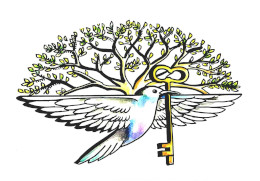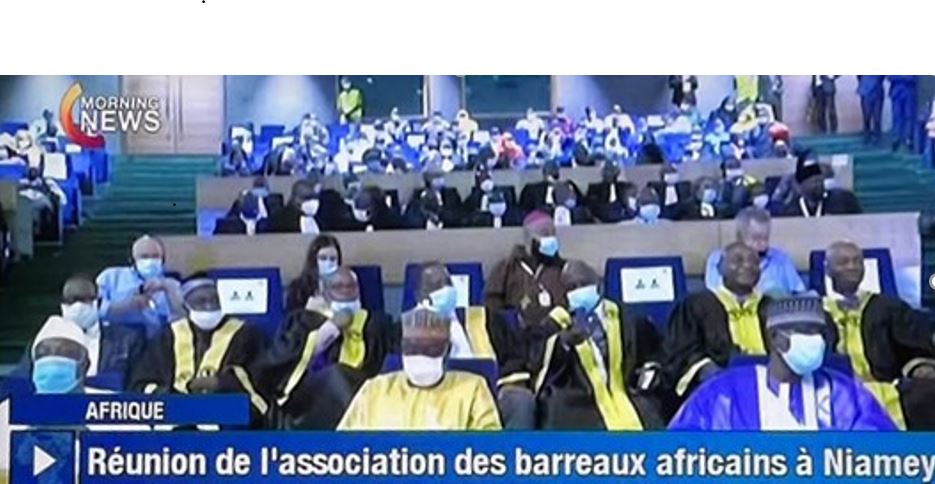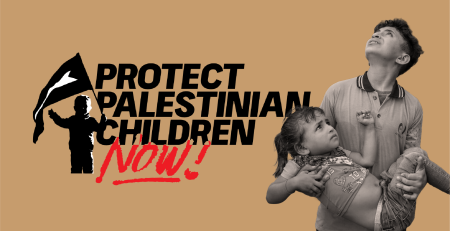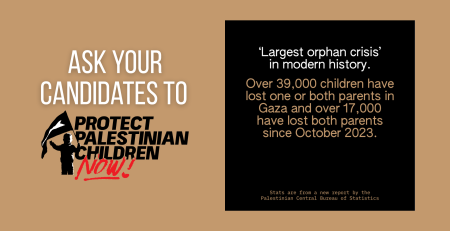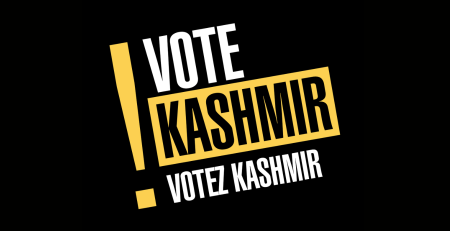October 16: Venezuelan president Nicolas Maduro’s envoy Alex Saab has been extradited to the United States – Cape Verde National Radio
Canadian lawyerand member of the Just Peace Advocates board John Philpot has just arrived back from the meeting of the African Bar Association with the Free Alex Saab delegation where Philpot represented the American Association of Jurists. Read report by Phi;ot and his colleague Roger D. Harris.
Free Alex Saab Delegation at the African Bar Association
By John Philpot and Roger D. Harris, Free Alex Saab Committee
An international Free Alex Saab delegation attended the October 3-7 annual meeting of the African Bar Association in Niamey, Niger. Venezuelan diplomat Alex Saab has been under arrest in Cabo Verde since June 2020 by orders of the US and is fighting extradition to Miami. His “crime” is organizing humanitarian missions to procure food and medicine for Venezuela in “violation” of the illegal US blockade.
The Free Alex Saab delegation was composed of Canadian John Philpot, a lawyer specializing in international law, who represented the American Association of Jurists and regularly attends AFBAR conferences; Cabo Verdean-American Bishop Filipe Teixeira, who traveled to Cabo Verde in June in support of Mr. Saab; Venezuelan Laila Taj El Dine, a diplomat to the United Nations, lawyer, university professor, and international analyst; and Venezuelan Pedro Carvajalino, media specialist.
African Bar Association welcomes the international Free Alex Saab delegation
The Free Alex Saab delegation was well received by the conference, attended by many honored African leaders, including President of Niger Mohamed Bazoum along with the former presidents of Nigeria, Sierra Leone, and Liberia. Some conferees were already familiar with the egregious US judicial over-reach, which resulted in Mr. Saab being seized from his airplane, when it made a fuel stop in Cabo Verde on its way from Caracas to Tehran.
The fifty-year-old African Bar Association (AFBAR) is as a professional body uniting individual lawyers and national legal associations in Africa. The association brings together the five African sub-regional associations spread over the continent. AFBAR seeks to foster policies to better the continent’s socio-economic and political development.
AFBAR President Hannibal Uwaifo delivered the opening address on respecting the Rule of Law in strong opposition to military coups. A theme running through the conference was the importance of resolving African problems in Africa free from western interference. For example, AFBAR will not support cooperation with the International Criminal Court investigation of the Nigerian military and Boko Haram unless the investigation includes how Boko Haram is financed.
One participant, a young lawyer, explained that independence requires full national economic and military control. In his opinion, with French and especially US military presence in many countries, politicians may take their orders from the outside powers.
Some African countries are independent such as Algeria, which rigorously controls its own borders and its economy without neo-colonial control. Evidently Cabo Verde, one of the smallest and poorest countries in the world, finds it difficult to resist US pressure regarding Mr. Saab.
Conference upholds ECOWAS Court decision to free Alex Saab
The regional Economic Community of West Africa (ECOWAS) Court had ordered Cabo Verde to not only release but pay $200,000 in damages to Mr. Saab. That was on March 15, 2021, and Cabo Verde has still not complied with the court order. Nevertheless, Cabo Verde had signed and ratified the treaty creating the court, attended the hearings, is a full member of ECOWAS, and has at least one judge on the court.
As the AFBAR conference reaffirmed, it is the duty of the bar associations to advocate for the ECOWAS Court. The conference session on the ECOWAS Court explained clearly that it was not an appeal court, but an international court of primary jurisdiction created by treaty. The Saab delegation was afforded full status at the session, where delegates Felipe Teixeira and Laila El Dine spoke with AFBAR President Uwaifo in attendance.
Free Alex Saab press conference and Sanctions Kill report
The international Free Alex Saab Delegation held a press conference, presenting the case to local media for freeing the Venezuelan diplomat.
John Philpot presented and distributed copies of the “We don’t deserve this – the impact and consequences of US Sanctions” report, which addresses more broadly the unilateral coercive measures imposed on some three dozen countries – 15 of which are in Africa – comprising a third of humanity. Philpot, along with Rick Sterling and David Paul, authored the comprehensive report for the Sanctions Kill Coalition. A free PDF of the report is available online.
At a session on contemporary legal problems and the Rule of Law, Laila El Dine and John Philpot presented the Alex Saab case raising issues which go to the substance of his illegal detention. AFBAR President Uwaifo once again spoke of the need to take positive action to ensure respect for March 15 ECOWAS Court decision.
John Philpot stressed that these critical cases can be won, citing the recent campaign release of Meng Wanzhou. She had been illegally detained by Canada for more than 1000 days on an attempt to extradite her concerning a transaction between a Chinese bank and Iran, allegedly in violation of US sanctions on Iran. US judicial overreach can threaten diplomats and businesspersons worldwide if this tendency is not terminated.
The closing session included resolutions followed by two press conferences, where the Free Alex Saab issue was further discussed and supported. The AFBAR press conferences, presided by Mr. Uwaifo, presented the Alex Saab defense issues including respect for the ECOWAS Court decision. International delegates El Dine, Philpot, and Teixeira spoke at the second press conference.
AFBAR has taken the issue the ECOWAS Court seriously, although the vice president of the court lamented the lack of enforcement mechanisms. Proposals were offered such as imposing sanctions against Cabo Verde officials, which would be legally constructed as a function of the regional ECOWAS community and not illegally as with the unilateral US sanctions. Other measures considered were expelling Cabo Verde from the ECOWAS and special legal procedures. A committee was formed to take this issue on actively, presided by Chief Prosecutor of Liberia Sayma Syrenius Cephis. ‘
